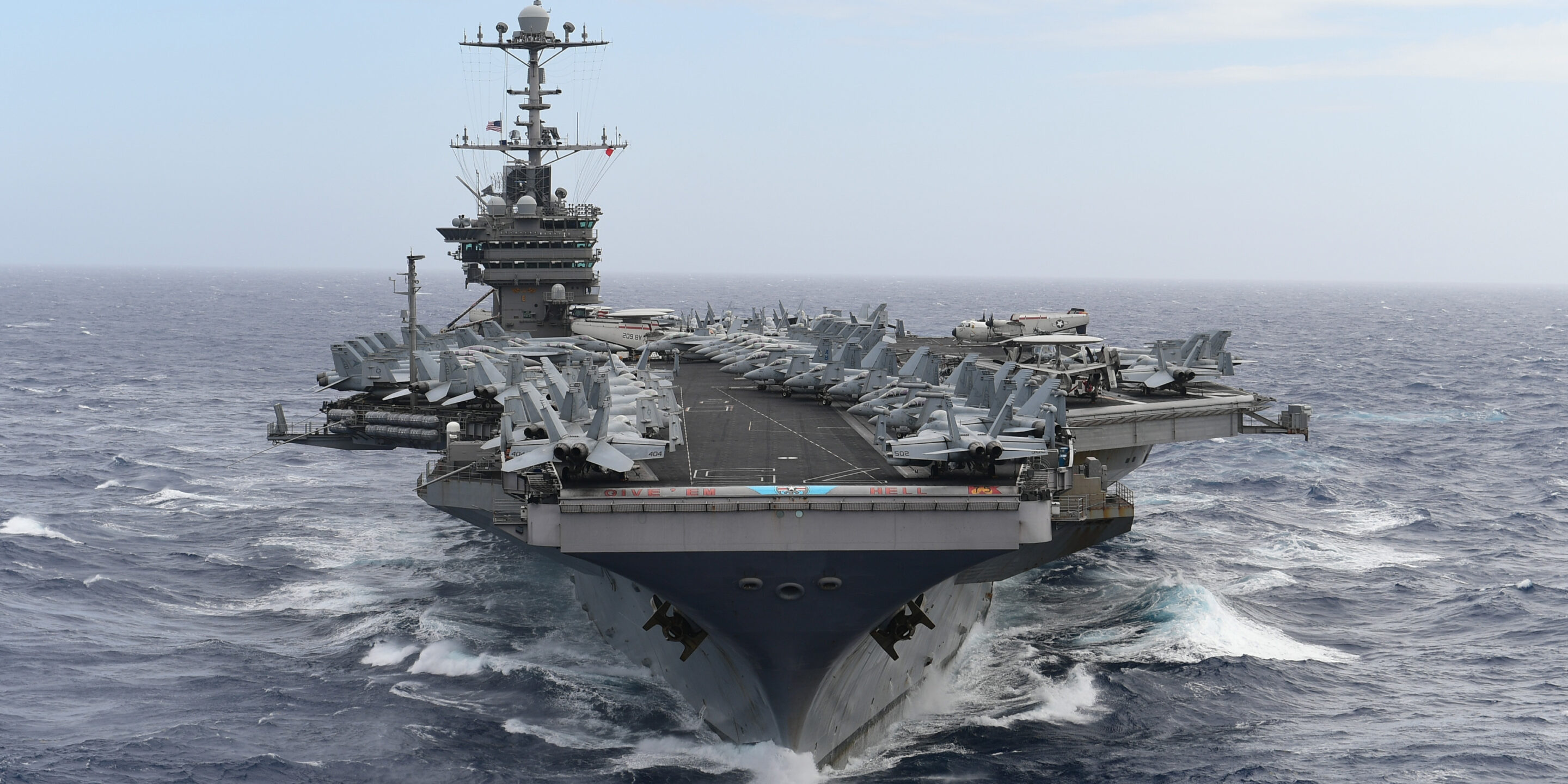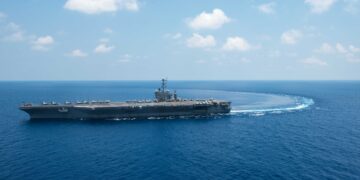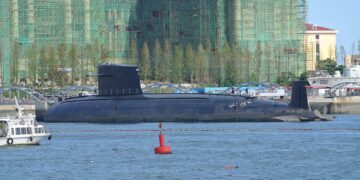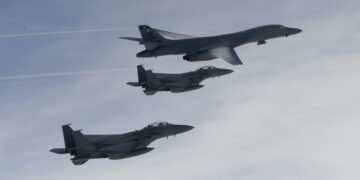
The news that China is tipping into deflation poses many challenges. But it could contain at least one unappreciated benefit for the world. The travails besetting China’s economy may well derail what a growing number of observers see as an “inevitable” path to a U.S.-China war.
Scholars and pundits have highlighted a potentially catastrophic dynamic known variously as a “power transition,” “commitment problem” or more recently as “the Thucydides Trap.” This theory predicts war between countries as they transition in relative power. The prospect of China and the United States, the two largest economies in the world, facing off against each other—with their respective nuclear arsenals—is more than a bit disconcerting. Fortunately, the danger of war, at least in the form attributed to Thucydides, may just have passed.
The term “Thucydides Trap” was coined by Political Scientist Graham Allison, who shamelessly rebranded an extensively researched phenomenon as his own in a series of articles and a 2017 book. Prior to discovering the China threat, Allison anticipated another form of doom: “nuclear terrorism is not just inevitable, but more likely than not in the decade ahead.” In the almost two decades since Allison wrote these words, we have been fortunate that he was wrong.
A power transition, or Thucydides Trap, is a claim about the timing of a major war. A powerful but declining nation may have strong incentives to attack a rising challenger while there is still time—while the declining state continues to be more powerful than its challenger—rather than waiting and suffering the consequences of its decline. This seems on its face to be an important and salient warning about Sino-U.S. relations. As Allison puts it, “judging by the historical record, war [between China and the United States] is more likely than not.”
More on Asia

Featuring Jennifer Kavanagh
September 29, 2025

Featuring Lyle Goldstein
September 24, 2025

Featuring Lyle Goldstein
September 22, 2025






